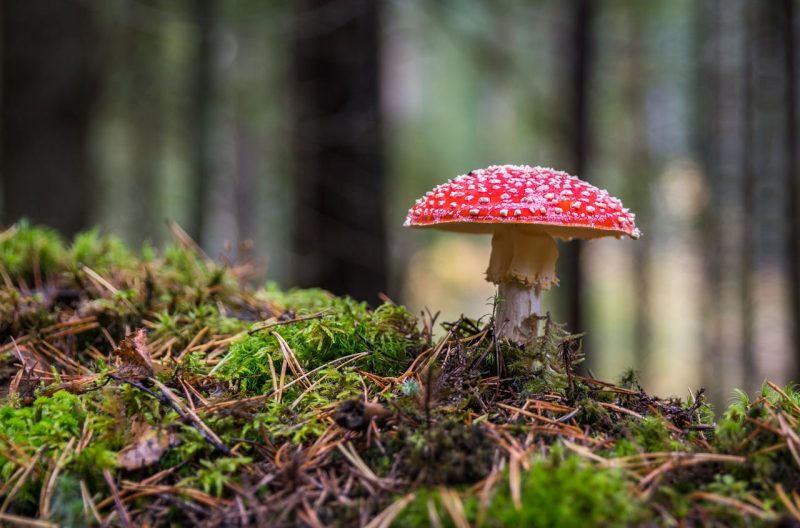Haircare is almost incomplete without a good shampoo product. Shampoos not only cleanse your scalp but also make your hair clean by getting rid of any excess oil and keeping it smelling fresh and fruity. When it comes to picking the right shampoo, there’s much to consider, especially now that consumers are aware of the benefits of using sulfate-free and paraben-free products.
While these new types of shampoos may be great for your hair, they are not as great for your savings. Just look at their price tags—You’ll find that most of them cost more than your regular shampoo. So it’s only natural when a product is that expensive, you tend to use it past the expiration date too.

Pexels | Shampooing and conditioning your hair is a must for healthy and silky hair
Shampoos and Their Expiration Date
Just like every other product, shampoos also have an expiration date. Most of them are safe to use for up to 18 months after opening. You can find this date stated as the PAO or “period after opening” on your shampoo’s label.
So, you might be wondering what happens if you don’t open the bottle? Cosmetic chemist and founder of TurnKey Beauty, Vince Spinnato, states that if you never open a bottle, it’ll still expire—but it will take roughly 36 months for that to happen.

Pexels | There’s no escaping the expiration datePexels | There’s no escaping the expiration date
If you are in a situation where you don’t know whether the shampoo in the bottle has expired or not, you can simply make a judgment from a perceivable difference in its color, smell, and texture which all change when the expiration date passes.
What Does Expiration Do To Your Shampoo?
When talking about expired shampoo, Gina Rivera, the Founder of Phenix Salon Suites, stated that using them can lead to scalp irritation and itching. Rivera further explained that once the shampoo expires, it goes through a chemical change that makes it unsuitable for your hair and your scalp. In a nutshell, the shampoo loses most of its positive traits and cleaning properties so using it in this case is like putting your hair through a random chemical treatment that doesn’t really do anything.

Pexels | Itching and irritation in the scalp is the worst thing ever
StyleCraze states that an expired shampoo can be the perfect environment for bacterial or fungal growth. We’re sure you don’t need us to explain why microorganisms shouldn’t be granted access to your body and your hair, right?















